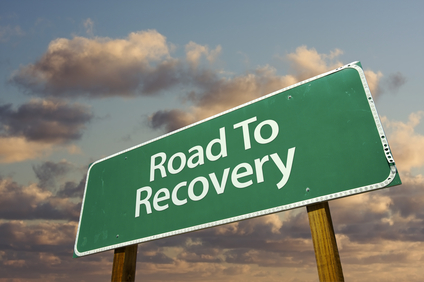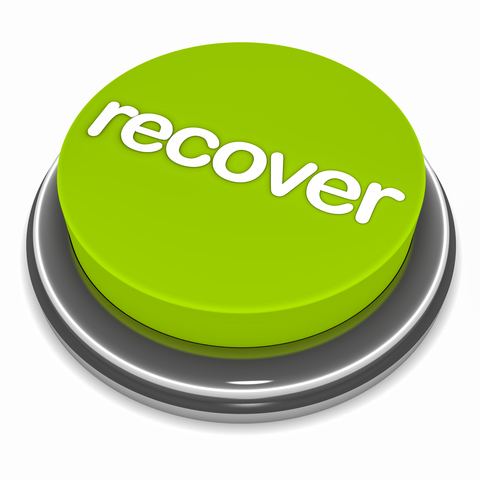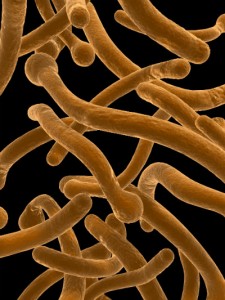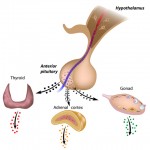 Now, you might think it strange that I’m writing a book review for “The Diet Cure” by Julia Ross. While I am a health coach, I don’t specialize in weight loss. Instead, I specialize in helping people recover from symptoms of chronic neurological and/or autoimmune issues like autism, ADHD, allergies, asthma, SPD, lupus, fibromyalgia, Lyme and more.
Now, you might think it strange that I’m writing a book review for “The Diet Cure” by Julia Ross. While I am a health coach, I don’t specialize in weight loss. Instead, I specialize in helping people recover from symptoms of chronic neurological and/or autoimmune issues like autism, ADHD, allergies, asthma, SPD, lupus, fibromyalgia, Lyme and more.
But I don’t like throwing the baby out with the bath water, so I read the book to see what’s in it for my clients. There’s a lot!
In the book, Ms. Ross teaches us about adrenal, thyroid, yeast-overgrowth, nutritional deficiencies, fatty-acid deficiency, food sensitivities and blood-sugar issues, which are all common in my clients (both the children and their mothers) and how many of these issues can be controlled with diet (food choices) as well as amino acid therapy.
She recommends a whole-foods diet for all of these issues, as well as an Atkins-ish diet especially for those with blood sugar issues. It’s about the elimination of sugar with an emphasis on protein and fats to keep you full. For anyone that’s ever done the Atkins diet, you know that one piece of bread will send you into a carb-lover’s binge-fest.
Ms. Ross provides us with the missing links for why the Atkins diet is not successful in the long run:
- “Dr. Atkins did not know that carbs could be more addictive than cocaine.”
- “Dr. Atkins specifically did not recognize the addictive power of grains, particularly wheat, for many people.”
The key to overcoming carb and sugar addiction is the addition of the amino acids that Ms. Ross recommends.
The book goes step-by-step into explaining how the factors I mentioned above as well as depleted brain chemistry and malnutrition from chronic dieting make it almost impossible to stay at a healthy weight. Ms. Ross also shows us how to correct these imbalances.
Given that Ms. Ross has headed up the Recovery Systems Clinic for many years, she has dealt with the full gamut of different types of addiction (drug, alcohol and food). She writes that the reason her clinic is so successful is because of the use of amino acid therapy to correct these biochemical imbalances in the brain and elsewhere. It’s not willpower; it’s biochemistry.
When I read this book, I took a step back and looked at it from my perspective of not only a health coach but also the media director and a board member of Epidemic Answers, a non-profit that lets parents know that recovery is possible from autism, ADHD, SPD, allergies, asthma, autoimmune and more.
We let parents know WHY there is such an epidemic of children’s chronic illnesses: it’s a perfect storm of the Standard American diet that is nutritionally deficient, the overuse of antibiotics, toxins in our environment, stressful lifestyles and gut dysbiosis (an imbalance of good vs. bad gut flora).
But when I read this book, I thought, “Huh. All those women that have been on nutritionally deficient diets for years since at least the 1970’s are having kids, and those kids are being born with nutritional deficiencies that are compounded by gut dysbiosis, toxicity and stress. No wonder we’re seeing such epidemics of autism, ADHD, allergies and more.”
Moms being on nutritionally deficient diets isn’t the only reason for this epidemic, but it certainly plays a key, overlooked role.
I’ll be hosting Ms. Ross on my upcoming webinar on April 23, 2014 at 1:00pm ET. We’ll be discussing these imbalances and how to correct them with amino acids and diet, and you can sign up for your chance to ask questions here.
 You’ve heard it before: everybody is super-stressed these days. Personally, I think a lot of it has to do with technology creep into our daily lives.
You’ve heard it before: everybody is super-stressed these days. Personally, I think a lot of it has to do with technology creep into our daily lives. You may or may not know my personal recovery story. I have recovered my 2 sons, now ages 5 and 7, from sensory processing disorder (SPD), asthma, allergies, acid reflux and eczema with a biomedical approach, which means correcting nutritional and hormonal deficiencies, removing toxicities and correcting gut dysbiosis.
You may or may not know my personal recovery story. I have recovered my 2 sons, now ages 5 and 7, from sensory processing disorder (SPD), asthma, allergies, acid reflux and eczema with a biomedical approach, which means correcting nutritional and hormonal deficiencies, removing toxicities and correcting gut dysbiosis. My husband bought me a copy of Gwyneth Paltrow’s cookbook, “
My husband bought me a copy of Gwyneth Paltrow’s cookbook, “ I became severely stressed when I began taking care of my two boys without any help because that’s when my older son’s sensory issues and “fight, fright or flight” issues really kicked in.
I became severely stressed when I began taking care of my two boys without any help because that’s when my older son’s sensory issues and “fight, fright or flight” issues really kicked in. 

 A Paleo diet, restful sleep, a supplement regime and a low-stress life can improve mitochondrial function in patients with chronic fatigue.
A Paleo diet, restful sleep, a supplement regime and a low-stress life can improve mitochondrial function in patients with chronic fatigue.  Here’s
Here’s  “Two-thirds of children on corticosteroids may have hypothalamic-pituitary-adrenal axis dysfunction. In one-third, central function had recovered but adrenal suppression persisted.”
“Two-thirds of children on corticosteroids may have hypothalamic-pituitary-adrenal axis dysfunction. In one-third, central function had recovered but adrenal suppression persisted.” 

